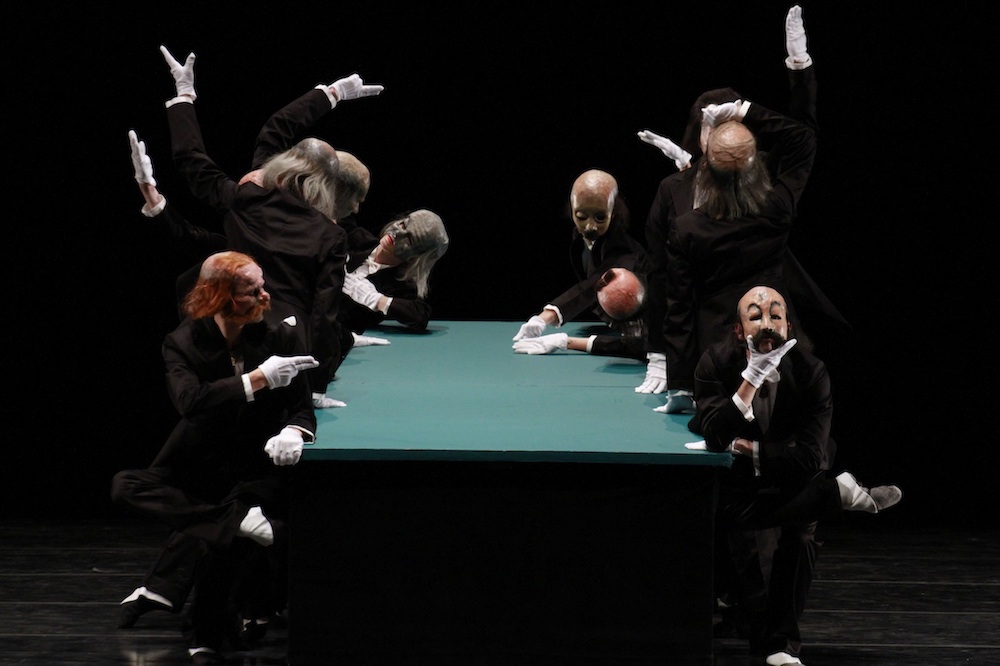From the time filmmaker Spike Lee first rose to prominence in the 1980s, his work has come to define the state of Black filmmaking in the United States. That’s all to his credit as one of the most exciting filmmakers of our time; there is no question that his ability to both get his films made—under circumstances not always friendly to Black filmmakers—and to market himself, have proven inspirational to artists of color everywhere. But his achievements have sometimes overshadowed the contributions of other notable Black directors, past, present and future. Let’s not forget pioneers such as Oscar Micheaux, Gordon Parks, Kathleen Collins, Charles Burnett, Julie Dash, and others. And today, there is fortunately a robust generation of African American directors whose work offers a great variety of perspectives on life in general and the Black experience in particular. Lee and other forerunners paved the way for a new era of filmmakers who explore everything from the tragic legacy of slavery to the ordinary struggles of everyday life in a range of genres, from documentary to romantic comedy to drama.
In the wake of the nation’s recent and ongoing reckoning with its history of entrenched racism, now seems as good a time as any to examine four relatively recent films from some of this current cohort of creative artists, all born after 1970, who are helping to define contemporary Black cinema. Join us as we watch and discuss Medicine for Melancholy (Barry Jenkins, 2008), Pariah (Dee Rees, 2011), Middle of Nowhere (Ava DuVernay, 2012) and Fruitvale Station (Ryan Coogler, 2013). Individual descriptions of each film follow below.
+++
Diane Coburn Bruning, choreographer and artistic director, Chamber Dance Project
Diane Coburn Bruning will explore The Green Table, the most powerful antiwar statement ever devised for dance. Created in 1932 in Weimar Germany by German choreographer Kurt Jooss, it was first presented that year in Paris at a choreography competition, where it won 1st prize. A year later, Jooss was forced to flee now Nazi Germany for refusing to purge his company of Jewish members. An undisputed masterpiece that continues to be performed by major dance companies worldwide, The Green Table begins at a green conference table where diplomacy fails, war is declared, horrors unfold, and the figure of Death looms above all — revealing how politics begets war. Jooss’ choreography was significantly ahead of its time and this is a superb example of the kind of “expressive dance” that expanded ballet’s vocabulary with new movements to express emotions and ideas
$15 door fee for guests and subscribers
Learn More